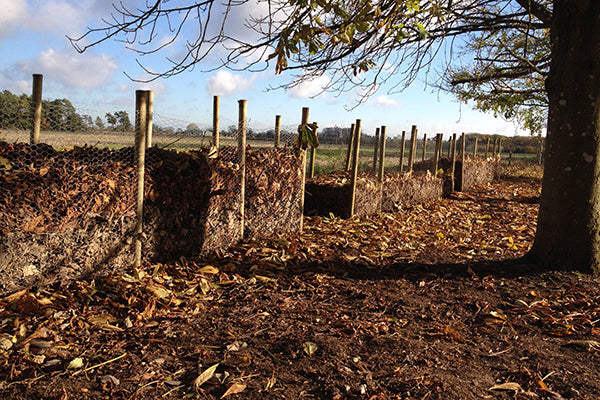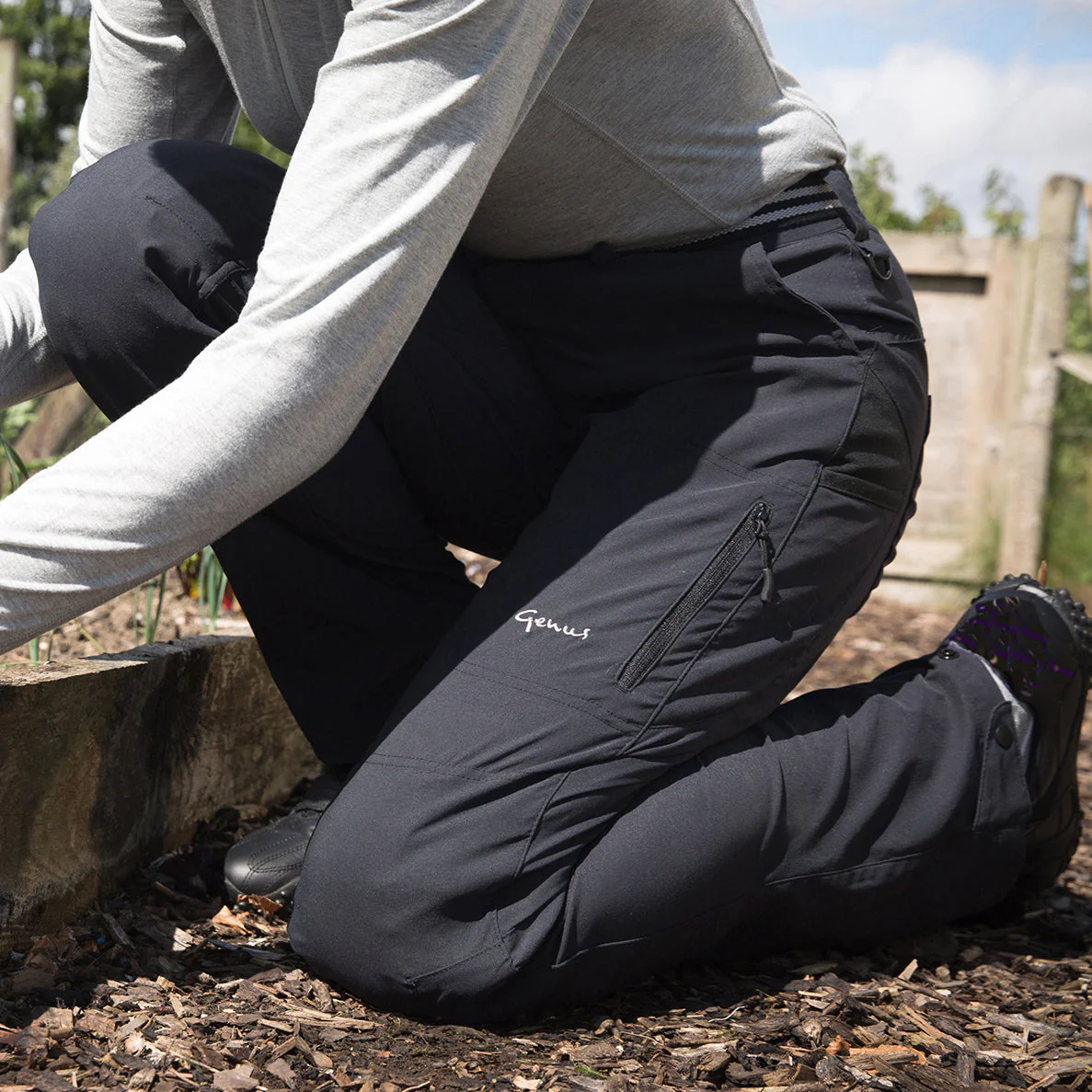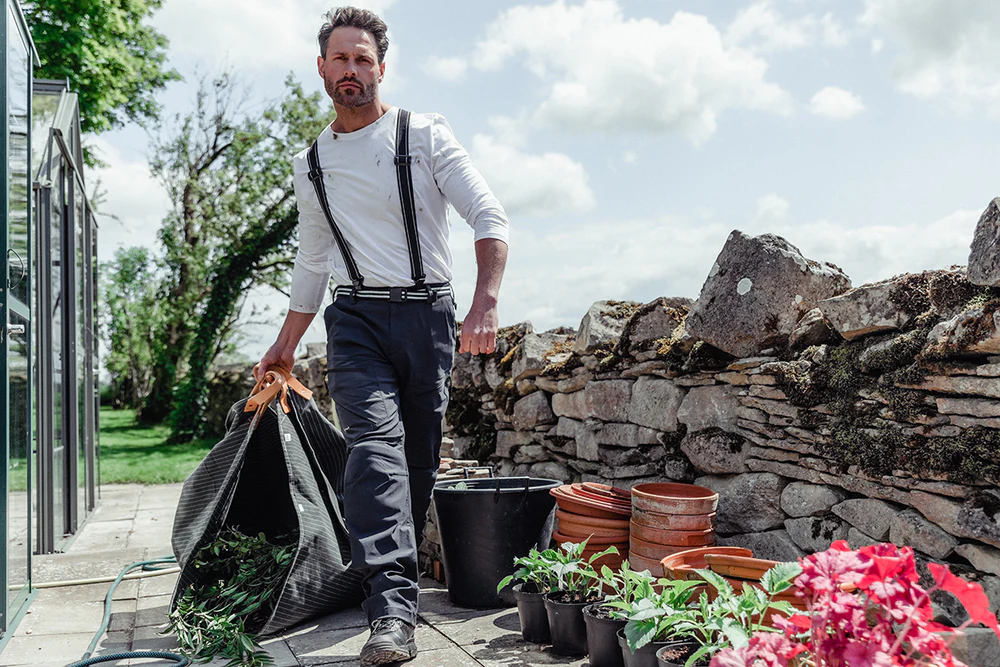Black gold - leaf mould

As well as being free and easy to make, leaf mould is one of the best soil improvers there is. Here’s what you need to know:
Made entirely of leaves that have been decomposed by fungi, leaf mould – known to gardeners as black gold - has a number of advantages over regular compost - not least because it’s weed free. This fabulous, light mixture is excellent for improving soil structure and drainage as well as increasing water retention. It also creates a perfect habitat for soil organisms such as worms that help break down the soil.
Oak, beech or hornbeam leaves break down easily so are particularly good leaves to use, while thicker leaves of trees such as sycamore, for example, need to be shredded first and will take longer to rot down. It’s probably best to avoid evergreen leaves such as holly as they will take a really long time to rot down. Scatter holly leaves over emerging broad beans or peas to deter mice instead.
If you have room, build a leaf pile big enough to generate enough heat to decompose the leaves, enclose with chicken wire and moisten periodically if it becomes dry, as the fungi that break down the leaf structure do best in damp conditions. Covering with a tarpaulin will also help conserve moisture as the leaves decompose. Leaf mould can also be made in bin liners or old compost bags (turn them to the black side to make them visible), adding a little water and holes for aeration, tying loosely and stacking out of sight until the compost is ready to use.
It can take up to two years for the leaves to have turned into crumbly, rich, black humus. You can use younger leaf mould as a thick mulch on borders in autumn and spring and really good quality well-rotted leaf mould can be sieved and used as seed sewing compost or mixed with sharp sand as potting compost. So if the leaves are still falling in your garden, grab a rake and make yourself some of this wonderful soil conditioner.











